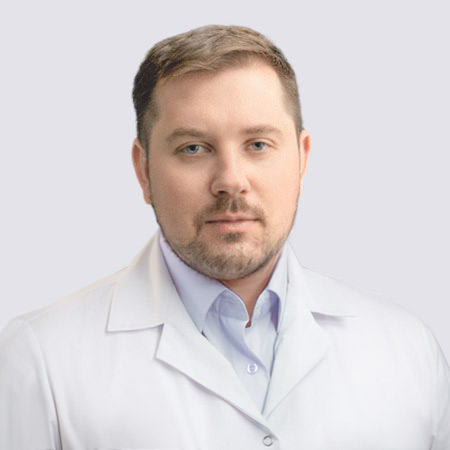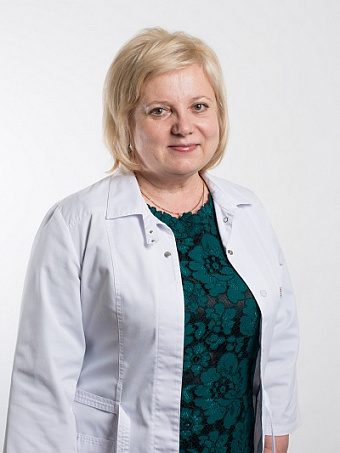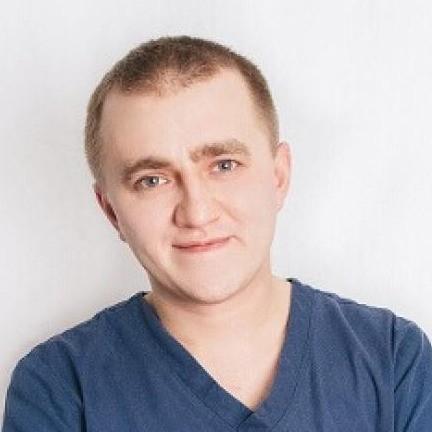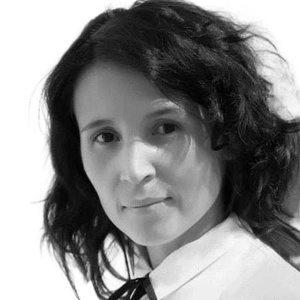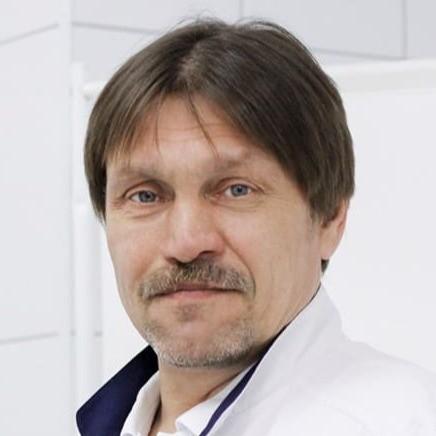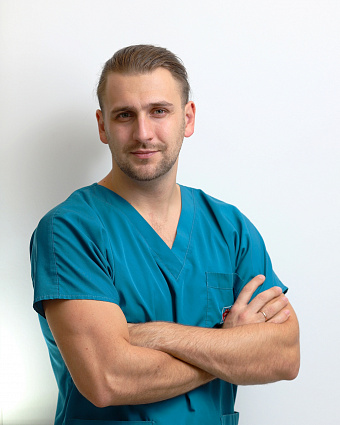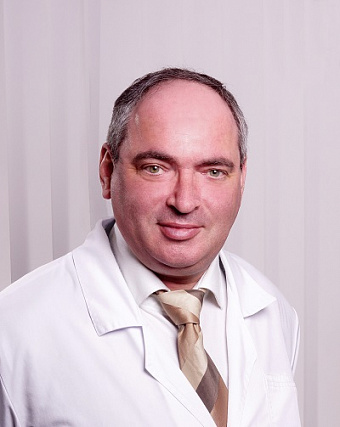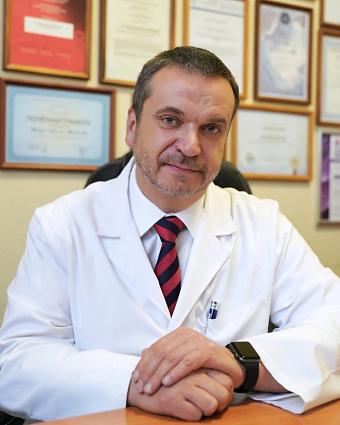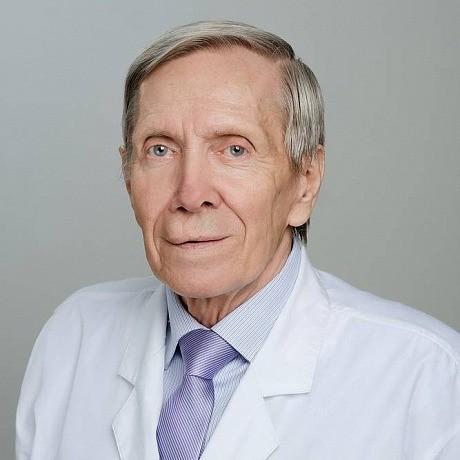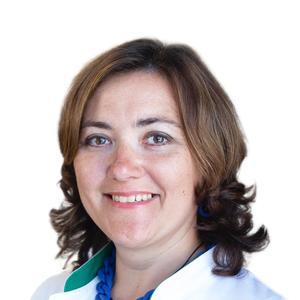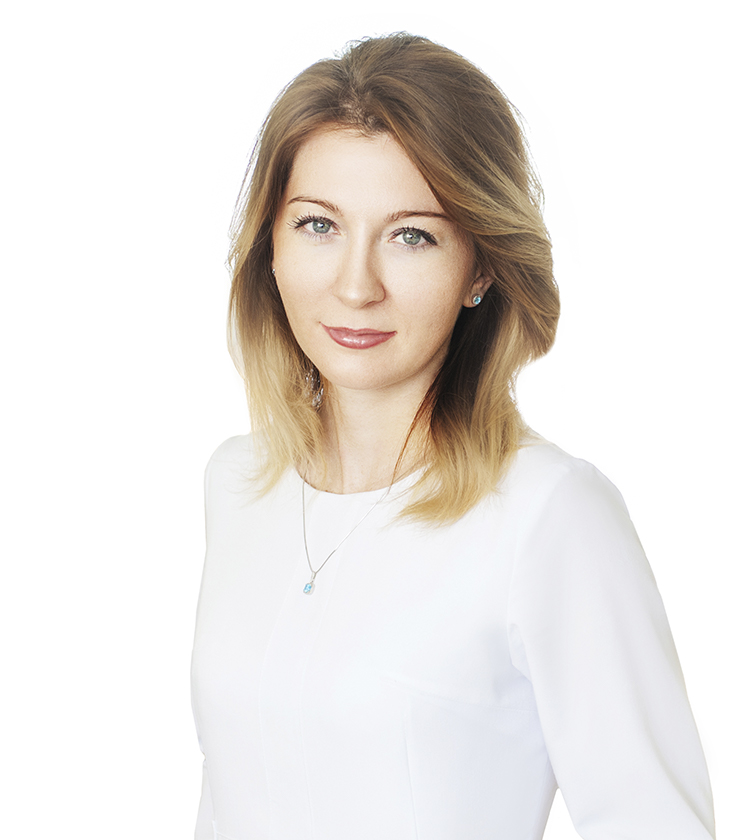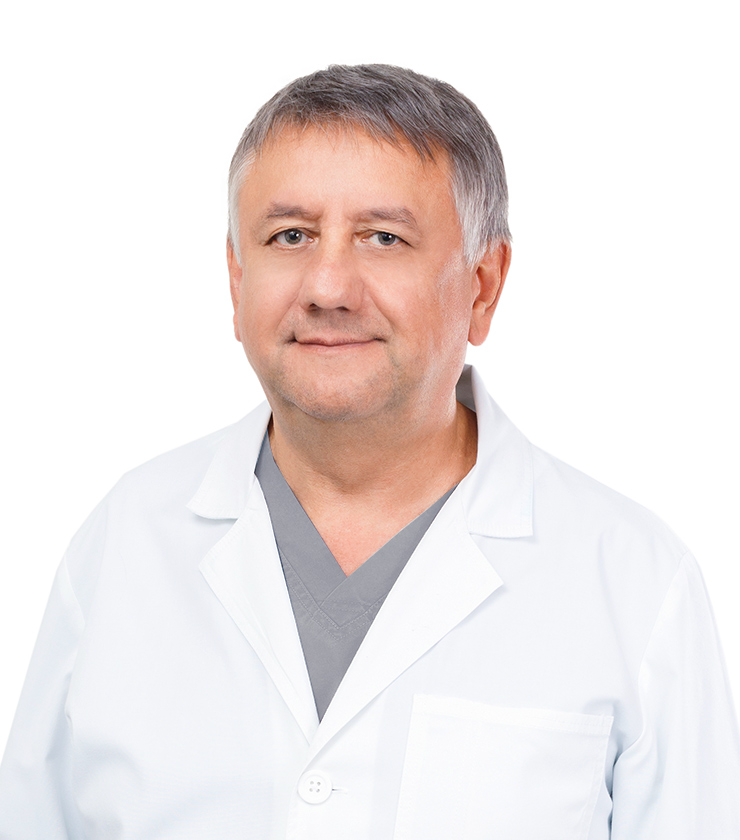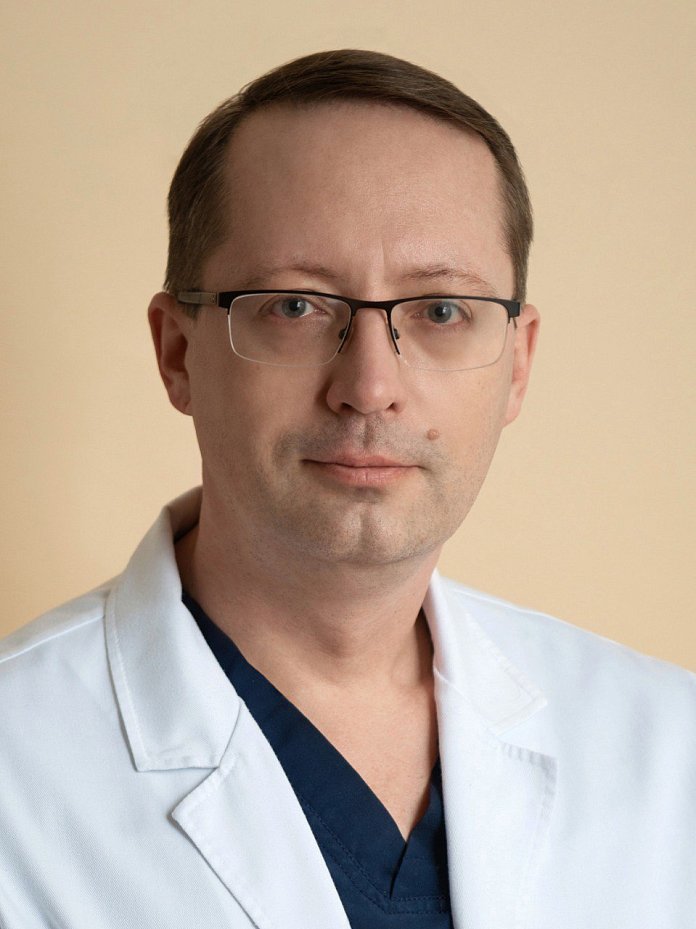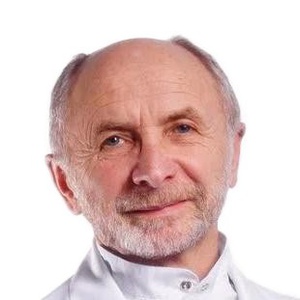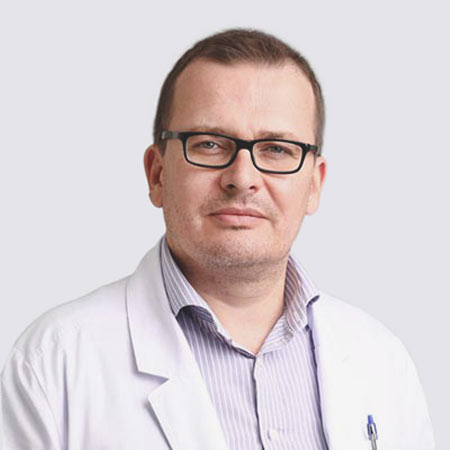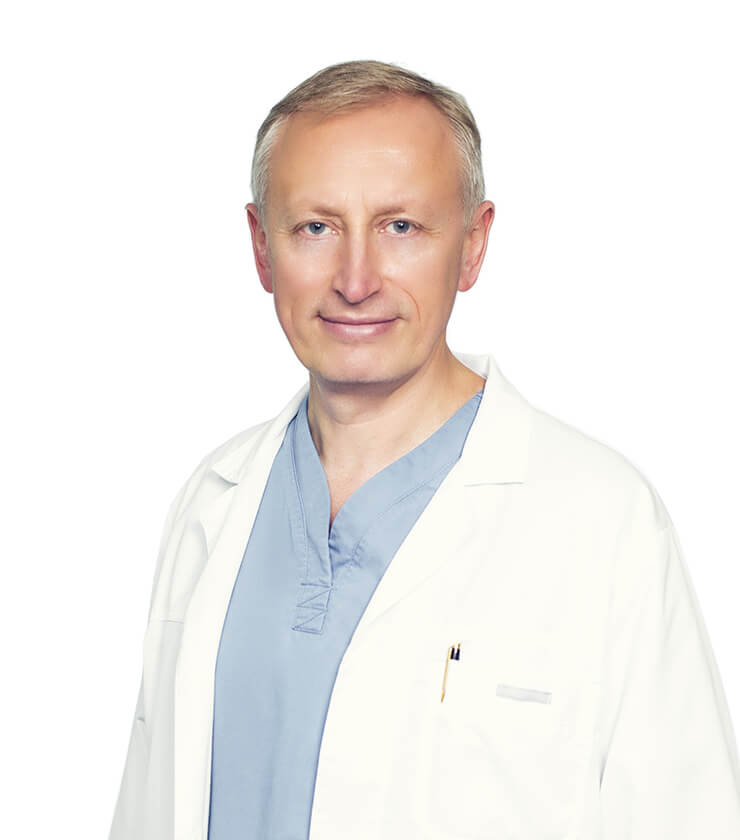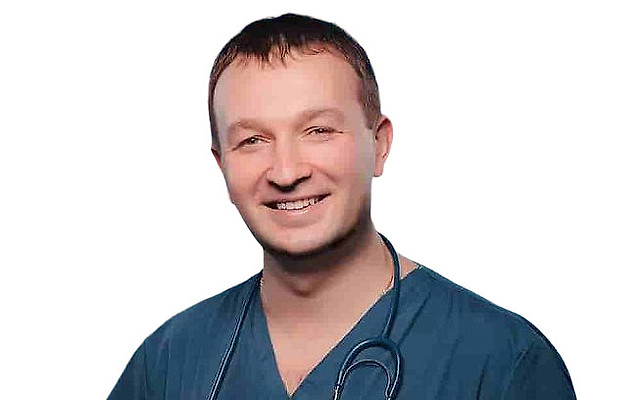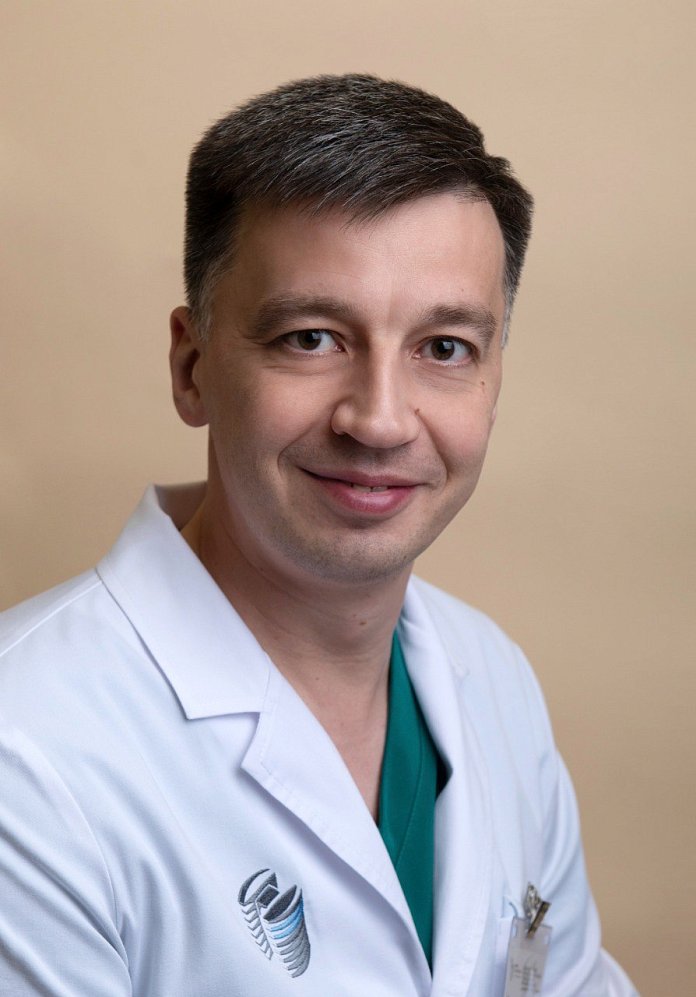Carcinoma
Carcinoma is a malignant tumor that forms from epithelial cells lining the skin, mucous membranes, and internal organs. This type of tumor commonly develops in the lungs, stomach, breast, skin, and prostate gland. The disease tends to grow rapidly and spread to other organs, which requires timely diagnosis and comprehensive treatment.
Causes and Risk Factors
The formation of a tumor is associated with disruption in the mechanisms of cell growth and division. Major risk factors include:
-
genetic predisposition;
-
exposure to carcinogens (tobacco, asbestos, chemicals);
-
chronic inflammatory conditions;
-
viral infections (particularly HPV, hepatitis viruses);
-
excessive ultraviolet exposure;
-
weakened immune system.
Early detection and elimination of provoking factors help reduce the risk of developing a malignant process.
Types of Carcinomas
Tumors are classified by cell type and location. The most common histological forms include:
Squamous Cell Carcinoma
Forms from squamous epithelium. Typical for:
-
skin cancer (especially of the face, lips, ears),
-
lung cancer (a rare but aggressive form),
-
esophageal and oral cavity cancer,
-
cervical, vaginal, and vulvar cancer,
-
head and neck tumors.
It may metastasize quickly to lymph nodes.
Adenocarcinoma
Develops from glandular epithelium. Found in:
-
stomach, colon, and rectal cancer,
-
pancreatic cancer,
-
breast and prostate cancer,
-
lung cancer (particularly in non-smokers),
-
endometrial cancer (uterine body cancer).
Often diagnosed at later stages and requires systemic treatment.
Basal Cell Carcinoma
The most common form of skin cancer, especially in the elderly. Typically occurs on exposed skin (face, neck, ears). Characterized by slow growth and very rare metastasis. Almost always curable with timely intervention.
Transitional Cell Carcinoma
Originates from transitional epithelium. The main form includes:
-
bladder cancer,
-
ureter and renal pelvis tumors.
It is aggressive and prone to recurrence but responds well to treatment when detected early.
Treatment strategy depends on the specific tumor type, its aggressiveness, spread, and disease stage. Accurate histological classification enables the selection of the most effective therapy.
Symptoms of Carcinoma
Symptoms of malignant tumors depend on their location. In the early stages, the disease may be asymptomatic. As the tumor grows, symptoms may include:
-
a lump or ulcer that does not heal;
-
discharge or bleeding;
-
changes in the color or shape of moles;
-
chronic pain;
-
weight loss;
-
weakness and fatigue;
-
impaired function of the affected organ.
If these symptoms occur, medical attention is urgently required.
Stages of Development
Carcinomas develop through the following stages:
-
Stage 0 — confined to the top epithelial layer.
-
Stage I — tumor is limited to the organ.
-
Stage II — tumor grows, possible lymph node involvement.
-
Stage III — active metastasis to the lymphatic system.
-
Stage IV — distant metastases and systemic spread.
The stage determines prognosis and treatment choice.
Diagnosis
Modern diagnostic methods include:
-
blood tests, including tumor markers;
-
ultrasound, MRI, CT, PET-CT;
-
biopsy with histological and immunohistochemical analysis;
-
endoscopy when internal organ involvement is suspected;
-
molecular genetic testing.
Comprehensive evaluation is essential for accurate diagnosis and therapy planning.
Carcinoma Treatment Methods
Carcinoma treatment depends on the stage, location, and individual patient characteristics. Approaches include:
-
Surgery — the primary method of tumor removal, especially in early stages.
-
Chemotherapy — used in cases of metastasis or as adjuvant therapy post-surgery.
-
Radiation therapy — destroys malignant cells in a specific area.
-
Immunotherapy — activates the immune system to fight cancer cells.
-
Targeted therapy — affects molecular targets within tumor cells.
Each patient receives a personalized treatment protocol.
Possible Complications and Consequences
Even with successful treatment, complications may arise:
-
disease recurrence;
-
side effects of chemotherapy and radiation;
-
overall body exhaustion;
-
organ dysfunction after surgery;
-
psychological stress and anxiety.
An oncologist helps the patient manage side effects and guides them through the entire treatment process.
Prognosis
Prognosis depends on:
-
stage at diagnosis;
-
tumor location;
-
type and degree of malignancy;
-
response to therapy.
Prevention
Prevention of malignant tumors includes:
-
avoiding tobacco and alcohol;
-
maintaining a healthy weight and diet;
-
regular medical check-ups;
-
protecting skin from UV exposure;
-
treating chronic inflammations;
-
vaccination against viruses associated with cancer (e.g., HPV, hepatitis B).
Regular monitoring helps detect the disease at an early stage.
Carcinoma Treatment in Russia
Leading Russian clinics offer modern treatment methods for carcinoma in accordance with international protocols. Oncologists have access to accurate diagnostics, surgery, chemotherapy, radiation therapy, targeted drugs, and immunotherapy. An integrated approach enables the treatment of even aggressive and widespread tumor forms.
Medical centers specializing in carcinoma treatment:
- N.N. Blokhin National Medical Research Center of Oncology (Moscow). The largest oncology center in Russia. Provides diagnostics, surgical, and combined treatment for all carcinoma types, including rare and metastatic forms.
- EMC (European Medical Center, Moscow). A private multidisciplinary clinic with a strong oncology department. Offers personalized treatment protocols, including immunotherapy and targeted therapy.
- MEDSI Clinic on Krasnaya Presnya (Moscow). A modern private oncology center with a full diagnostic and treatment cycle. Services include surgery, chemotherapy, and targeted therapy. Features include a day hospital, MRI, PET-CT, and a department of personalized oncology.
Estimated Cost of Diagnosis and Treatment
-
Initial oncologist consultation with tests and imaging — from $75
-
Histological and immunohistochemical biopsy analysis — from $125
-
PET-CT with oncological marker — from $320
-
Surgical tumor removal (depending on location) — from $1000
-
Chemotherapy course (1 cycle) — from $440
-
Targeted therapy (1 infusion or monthly course) — from $1280
-
Radiation therapy (one zone, full course) — from $900
-
Immunotherapy (depending on drug) — from $1900
Prices vary depending on the clinic, case complexity, and medications used.
How the MARUS Platform Helps
The MARUS platform is designed for international patients seeking affordable and high-quality carcinoma treatment in Russia. The service helps select a specialized clinic, arrange diagnostics and specialist consultations, manage documentation, and organize transfers.
MARUS supports patients at every stage of treatment — from the first consultation to the completion of therapy. Thanks to partnerships with Russia’s top medical centers, treatment is safe, effective, and supervised by experienced doctors.
Ophthalmology
Oncology
Dentistry
Oncohematology
Care Assistants
All information on this website is provided for informational purposes only and does not constitute medical advice. All medical procedures require prior consultation with a licensed physician. Treatment outcomes may vary depending on individual characteristics. We do not guarantee any specific results. Always consult a medical professional before making any healthcare decisions.

Doctors
Choose the package that suits you best — from selecting the right doctor and clinic to full trip and treatment organization
MARUS support options
Choose a package that works for you — from choosing your doctor to full-service travel and treatment
Send a request
You choose the clinic — we’ll take care of travel and treatment arrangements and all the paperwork.

